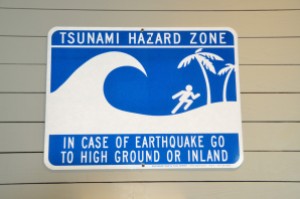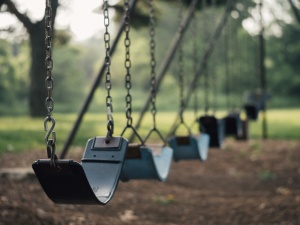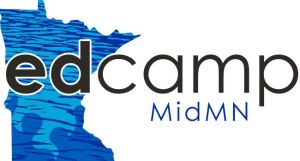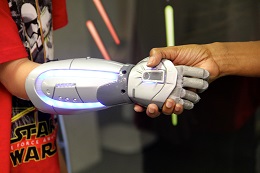 TO: Minnesota Libraries
TO: Minnesota Libraries
FROM: State Library Services
DATE: August 11, 2016
SUBJECT: Updates from State Library Services
LSTA Grant Awards Announcements – Coming Soon!
As a result of our most recent LSTA grant round, we are excited to award eleven grants for innovative projects with diverse beneficiaries. The grant-funded projects are wide-ranging and include the creation of programs and resources to strengthen families affected by incarceration, the expansion of a science fair initiative that connects third- and fourth-graders with area STEM professionals, and the development of creative in- and out-of-school-time digital learning opportunities. The grant awards will be posted on the refreshed MDE website next week. In the meantime, please contactJackie Blagsvedt (651-582-8805) for a complete list or for more information.
Get to Know Valuable Partners in Afterschool and Digital Literacy
In communities across Minnesota, organizations are working to build bridges between in-school learning and afterschool experiences for students of all ages. Key players in this effort are 21st Century Community Learning Centers (21CCLC), active partnerships between schools and community organizations that provide students with a broad array of academic supports, enrichment programs and engagement opportunities to help them achieve, connect and thrive. 21CCLCs are prime partners for a library’s afterschool and summer programs.
You’re invited to learn more about 21CCLCs at a special kick-off event at the St. Paul Neighborhood Network (SPNN).Register today; space is limited. (The morning session is for 21CCLCs only.)
Tuesday, August 23, 1-3 p.m.
SPNN, 550 Vandalia Street Suite 170, Saint Paul, MN 55114
Connect with interesting colleagues and gain insights into the power of collaboration. Learn about the 90-Second Newbery Film Festival and how empowering kids to create their own films exercises their 21st century skills and creates community connections for your library. Tour the SPNN site and hear how they have worked for years with kids and the Saint Paul community to grow into something much more than a cable access studio. Discover how SPNN can guide you in more effective and efficient use of your library’s makerspace to support youth in their creation of digital media—and how they’re already doing that for the Saint Paul Public Library through their Createch studios. Please contact Jen Verbrugge (651-582-8356) for more information about the event.
NLS Authorized to Provide Braille E-readers
On July 20, 2016, President Obama signed a bill amending the Pratt-Smoot Act of 1931 that authorizes the National Library Service for the Blind and Physically Handicapped (NLS) to provide playback equipment in all formats to its users. This change will allow NLS to provide access to braille e-readers, which are devices capable of reading electronic braille. The Minnesota Braille and Talking Book Library in Faribault serves about 10,000 people across the state, in collaboration with NLS and the State Services for the Blind, which manages and distributes the federally provided equipment for the NLS program.
For more information about the Minnesota Braille and Talking Book Library, please contact Catherine Durivage (1-800-722-0550).
Prepare to Celebrate Lights On Afterschool
Launched in October 2000, Lights On Afterschool (LoA) is the only nationwide event celebrating afterschool programs and their important role in the lives of children, families and communities. It’s time to plan your Lights on Afterschool 2016 event for the week of Oct 17- 21! Ignite Afterschool, Minnesota’s statewide network dedicated to advancing high-quality afterschool and summer programs for all youth, is excited to announce the statewide theme: Hats Off to Afterschool!
Check out Minnesota’s online LoA Toolkit and attend the webinar on September 9, 10-11:30 a.m., to learn more about planning your LoA event. Once your plans are made, register your event with the Afterschool Alliance, the national coordinator of LoA. Ignite Afterschool has 500 free light-up hat activity kits available courtesy of the Bakken Museum. You can order up to 30 for your event, while supplies last. Email Matt at Ignite Afterschool to request your kits.
For more information about LoA 2016, check out the Afterschool Alliance’s LoA Event Planning Guide, or visit theAfterschool Alliance website.
Get Ready for the Celestial Event of the Century
In just over a year, on August 21, 2017, the shadow of the moon will sweep across the United States in a spectacle that hasn’t occurred in 99 years. So jump on the eclipse train! Register your library with the National Center for Interactive Learning (NCIL) at the Space Science Institute. Once you’re registered, you’ll have access to NCIL resources to help you plan and promote your eclipse event. Share your event’s press release, flyer or website link to receive 50 free eclipse viewing glasses for your patrons, available while supplies last. Visit the NCIL website for more information.
 In case you weren’t able to attend ALA’s 2016 Annual Conference and Exhibition in Orlando, Florida that took place in June, take a listen to this podcast!
In case you weren’t able to attend ALA’s 2016 Annual Conference and Exhibition in Orlando, Florida that took place in June, take a listen to this podcast!




